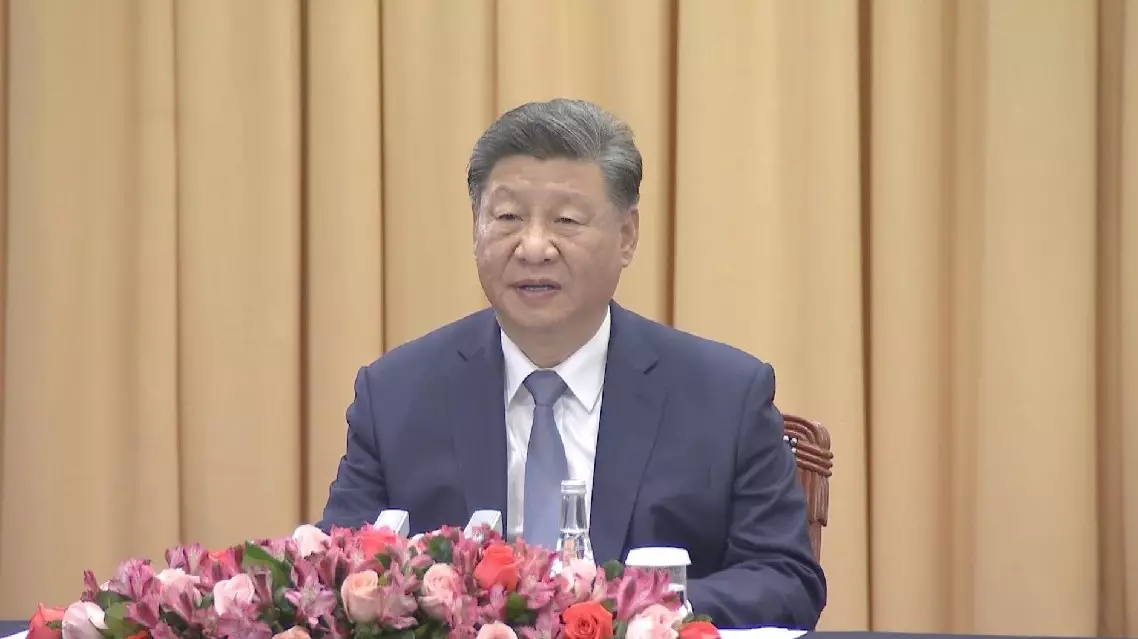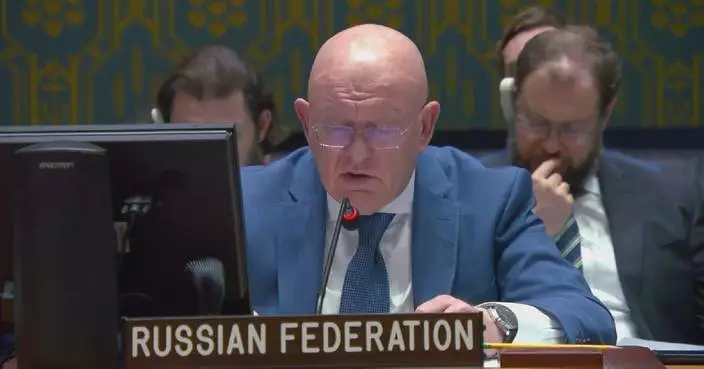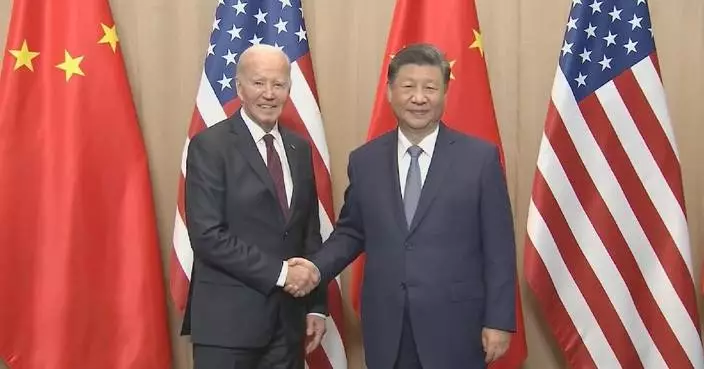The cooperation between China and Brazil in the green transformation field will provide an important boost to Brazil's economic transformation and set an exemplar for global sustainable development, according to a young employee with SPIC Brazil -- a subsidiary of State Power Investment Corporation of China.
SPIC -- a global company for sustainable power generation and related projects -- and other Chinese companies have been actively involved in the construction of photovoltaic power plants in Latin American countries including Brazil, helping to transform the region's energy sector.
In Brazil, the Marangatu photovoltaic power station, funded by SPIC Brazil, was officially inaugurated in June this year. It will generate enough electricity to power approximately 550,000 homes annually.
In an interview with China Central Television prior to Chinese President Xi Jinping's upcoming state visit to Brazil, Fernanda Buzola, a 27-year-old employee of SPIC Brazil, said the power plant is a representative and strictly compliant project, which has promoted local employment, regional development and Brazil's green transformation.
"The Marangatu photovoltaic power station is the first photovoltaic plant built by SPIC Brazil, so it is of great significance to the company and local employees. This is SPIC's first photovoltaic plant in Brazil, and it has promoted local development and truly promoted Brazil's energy transition. Even for me personally, this project is of great significance. I remember when I was in school, I learned that the northeast of Brazil has extremely abundant energy, and we can develop these clean energies more fully and efficiently," Buzola said.
"Now I see that this goal has been achieved, which is very cool. In addition, we followed all regulations during the construction process. The operation of this photovoltaic plant has promoted regional development, created many jobs, and brought positive social impacts to Brazil. The solar energy we use is inexhaustible. In the long run, not only the northeast region, but the whole of Brazil will benefit from it," she said.
Buzola also noted that Brazil's abundant natural resources, combined with China's advanced technologies and rich experience, will drive Brazil's energy transition, benefiting communities nationwide and even the global population.
"I believe that in addition to the development of clean energy, China-Brazil cooperation has many advantages, especially for local areas. By learning from China's knowhow and experience in technology and other aspects, we can accelerate energy transformation. Brazil has abundant natural resources, but they have not been fully utilized. With China's help, we have extracted more energy, benefited the Brazilian people, helped us to truly achieve development, and even the whole world will benefit from it," she said.
"I hope China can continue this cooperation. I hope the exchanges and mutual learning between China and Brazil will not stop there, because China also has a lot of valuable experience in other fields. When we mention China, we naturally think of various advanced technologies, convenient express delivery, and perhaps flying cars in the future. I hope Brazil can also achieve this development with China's support. The wider the areas of cooperation between China and Brazil, the more it can benefit the people of both countries," said the young employee.
After attending the APEC meeting and completing his state visit to Peru, Xi will travel to Rio de Janeiro to attend the 19th G20 Summit and pay a state visit to Brazil at the invitation of Brazilian President Luiz Inacio Lula da Silva from Nov 17 to 21.
The 19th G20 Summit is to take place in Brazil's city of Rio de Janeiro from Nov 18 to 19, under the theme of 'building a just world and a sustainable planet'. The summit will seek to address several global issues and development challenges, according to the Brazilian president.

China-Brazil green cooperation to promote global sustainable development: SPIC Brazil staff









